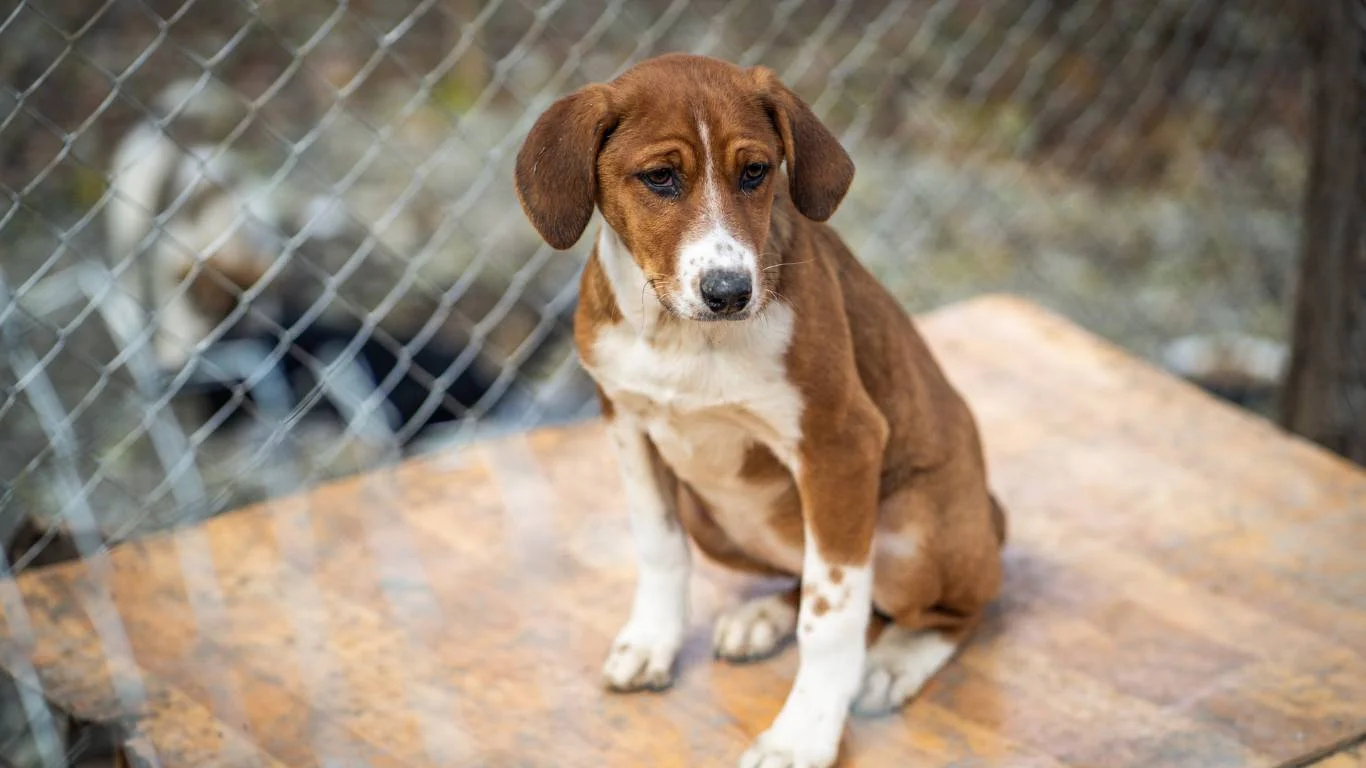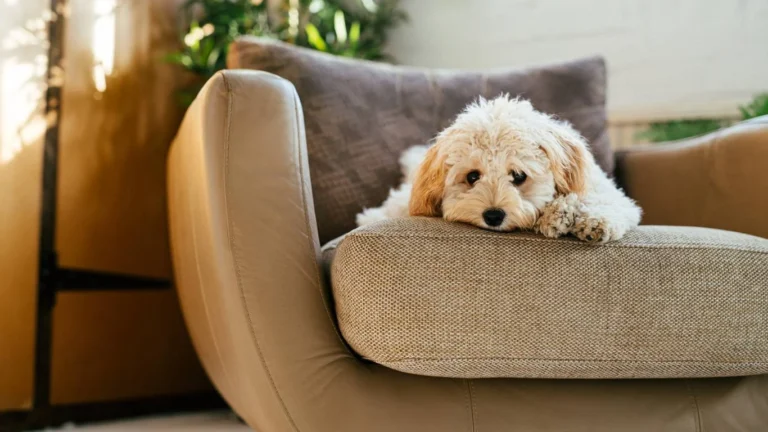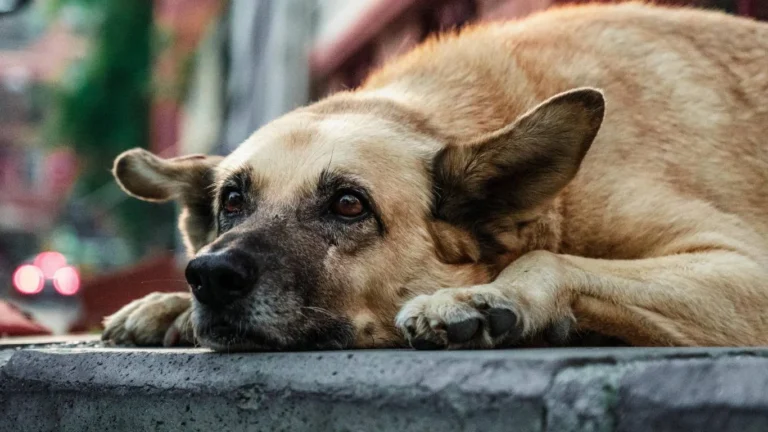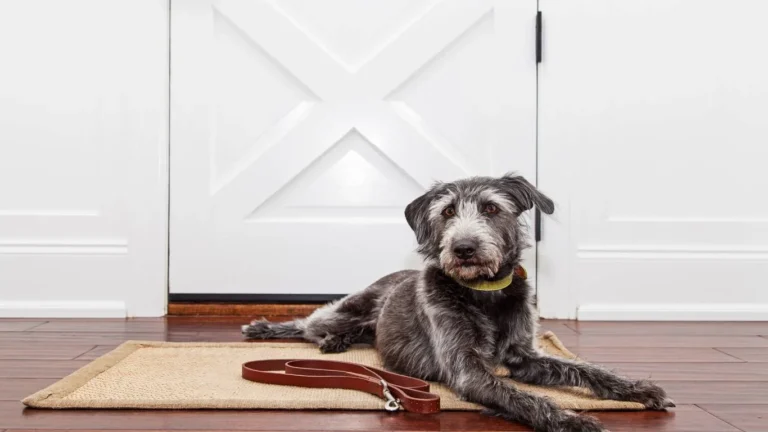Why Your Dog Smells Bad After a Bath: Common Causes & Fixes
It can be frustrating to give your dog a thorough bath, only to find that the unpleasant smell returns—or never really goes away. For many pet owners, this becomes a recurring mystery. But rest assured, there’s often a clear reason behind lingering odors, and many of them are treatable.
Understanding why your dog still smells bad after a bath starts with looking beyond the shampoo bottle. Dogs communicate through scent, and their bodies are complex. Sometimes, the smell is a sign of something deeper going on. Knowing what to look for can help your dog feel better and smell fresher, too.
Signs and Symptoms
Besides the noticeable odor, there are often other clues that something isn’t quite right. If the smell is persistent, it’s worth observing your dog for these signs:
- Oily or greasy coat shortly after bathing
- Scratching, licking, or chewing certain areas
- Red or irritated skin, especially in folds or under legs
- Ear scratching or head shaking
- Foul breath, even after dental cleanings
- Anal scooting or excessive licking around the rear
These symptoms often indicate that the source of the odor is internal or under the skin’s surface, not just on the coat.
Causes
There are several reasons a dog may smell bad even after a bath. Some are simple fixes, while others may require a closer look from a veterinarian.
1. Skin Infections
Skin infections—bacterial or fungal—are a common culprit. Yeast infections in particular can produce a musty or “cheesy” odor that lingers despite washing. These usually occur in warm, moist areas like armpits, groin, or skin folds.
2. Allergies
Dogs with environmental or food allergies often develop inflamed skin. This creates the perfect setting for secondary infections, which contribute to odor. Chronic itching and licking can make it worse.
3. Poor Drying After Baths
If a dog isn’t dried completely, especially in thick-coated breeds, moisture can get trapped and cause a sour or mildew-like smell. This is especially common around the ears and neck.
4. Anal Gland Issues
The anal glands are small sacs near a dog’s anus that release a strong scent. If they become impacted or infected, they can leak or produce a fishy odor that won’t go away with bathing alone.
5. Dental Problems
Bad breath in dogs isn’t always from what they eat. Gum disease, tooth decay, and oral infections can lead to a smell that seems to linger on their coat. Drooling can spread the smell to fur around the face and chest.
6. Ear Infections
Ear infections are another source of stubborn odor. Dogs with floppy ears are more prone to trapped moisture and wax buildup. If you notice your dog’s head tilting, pawing at the ears, or shaking frequently, an infection may be the cause.
7. Diet and Digestion
Sometimes, what goes in affects how your dog smells on the outside. Poor-quality food or ingredients that don’t agree with your dog can cause gas, foul-smelling skin oils, or irregular bowel movements that contribute to odor.
8. Seborrhea
This is a skin condition where the dog’s sebaceous (oil) glands produce too much oil. It often results in a greasy coat and strong smell. It may be genetic in some breeds or secondary to other skin conditions.
9. Rolling in Something Smelly
Sometimes, the reason is simple: dogs love strong scents and may roll in feces, dead animals, or garbage. These smells can be difficult to fully remove with just one bath.
10. Underlying Medical Conditions
Chronic diseases like diabetes, kidney problems, or hormonal imbalances (such as hypothyroidism) can also lead to body odor. These conditions often bring subtle changes in your dog’s skin, coat, or metabolism.
When to Get Help
It’s normal for dogs to get a little smelly between baths, especially if they’re active. But when the odor is persistent, foul, or seems to worsen over time, it’s worth speaking with a veterinarian.
Make an appointment if you notice:
- A sudden change in odor that doesn’t go away
- Signs of pain, itching, or discomfort
- Open sores or red, inflamed areas
- Discharge from ears, eyes, or other areas
- Unusual lethargy, weight loss, or appetite changes
These signs could point to an infection or medical condition that needs treatment. Early detection often leads to quicker and more effective care.
Treatment
The right treatment depends on the root cause of the smell. A veterinarian will usually begin with a physical exam and may recommend skin or blood tests.
Common treatment options include:
- Medicated shampoos: Designed for fungal, bacterial, or seborrheic skin issues. These usually need to be used more frequently than regular shampoos.
- Topical creams or sprays: For localized infections or irritations.
- Oral medications: Antibiotics, antifungals, or allergy medications may be prescribed depending on the diagnosis.
- Ear cleansers and medications: To clear up and prevent ear infections.
- Diet changes: Switching to a high-quality, allergen-free diet may help dogs with food sensitivities or digestive issues.
- Anal gland expression: Done manually by a vet or trained groomer if impaction is suspected.
For at-home care, regular brushing, drying after baths, and keeping bedding clean can also reduce odors. Avoid using strong perfumes or scented sprays—they often just mask the smell and may irritate sensitive skin.
Prevention Tips
Preventing odor starts with consistent care. Here are a few gentle steps that can help:
- Bathe your dog regularly, but not too often—every 4–6 weeks is typical for most breeds.
- Dry thoroughly after baths, especially around ears, armpits, and skin folds.
- Check ears weekly for dirt, redness, or smell.
- Brush teeth regularly with dog-safe toothpaste.
- Feed a high-quality diet suited to your dog’s needs and sensitivities.
- Keep their living environment clean—bedding, crates, and toys should be washed frequently.
And always stay alert to changes. A sudden shift in your dog’s smell is often their way of communicating that something isn’t quite right.
Closing Thoughts
It’s not always easy to pinpoint why a dog smells bad after a bath, but it’s usually not a sign of poor hygiene or bad care. More often, it means their body is asking for attention.
Trust your instincts. If your dog’s odor persists despite your best efforts, a trip to the vet can bring peace of mind—and relief for your dog. With the right support and care, most dogs bounce back quickly, smelling like themselves again.





